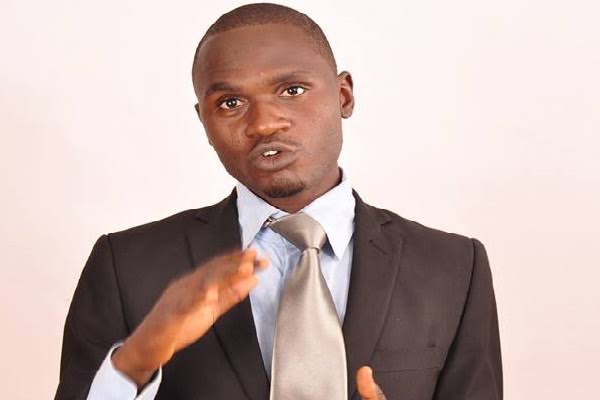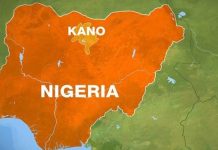
A peacebuilding think tank, Foundation for Peace Professionals also known as PeacePro, Energy Peace Partners (EPP), an organization that develops innovative climate and finance solutions to promote greater resilience and peace and other global partners are set to launch the Leapfrog Alliance, a collaborative initiative by various nonprofit organizations led by Energy Peace Partners.
The initiative is advocating for dedicated corporate investment in support of clean energy in unelectrified and underserved communities around the world by strengthening the incentive structure embedded in corporate environmental accounting frameworks.
In a statement by Executive Director of PeacePro,Mr Abdulrazaq Hamzat, Leapfrog Alliance will be launched globally on the 27th of March,2024 and the initiative will work on building stronger incentives to drive increased corporate clean energy investment in the communities that need it most.
“Our aim is to scale private sector-led clean energy investments in projects in communities with little electricity access and by addressing and reforming the imbalances in existing greenhouse gas accounting and disclosure frameworks, we can create powerful new incentives that will drive corporate climate investments to high impact projects, the statement said.
According to Hamzat, Leapfrog Alliance is a collaborative initiative led by a global community of nonprofit organizations, representing diverse perspectives and expertise across the climate and climate equity, energy, and development space.
Hamzat explained that, the initiative is trying to address a global problem that affects Africa in a big way.
He said, clean energy investments must at least triple globally by 2030 to over USD $4 trillion annually to keep global warming within the 1.5°C pathway and this will have significant effect in Africa, being the continent at the receiving end of the global warming challenges.
While explaining the context to the problem, Hamzat said, Historically, climate mitigation and adaptation investments have overlooked the world’s least electrified, most underserved, and often most fragile communities—perpetuating energy access issues and the risk of fossil energy system lock-in.
“For example, only 2% of the $3 trillion invested globally in clean energy in recent years came to communities in Africa. Unfortunately, current greenhouse gas accounting frameworks disincentivize private sector investment via market instruments, namely Environmental Attribute Certificates (EACs), outside of the national or regional boundaries of a company’s operations that would, if incentives changed, help extend financial support to projects in unelectrified, underserved communities and enable them leapfrog over the fossil energy system. There is also a growing risk that forthcoming updates to greenhouse gas accounting frameworks and regulations may further disincentivize private sector investments generally and/or further disincentivize support of these communities in particular’ he said, adding that, unless corporate greenhouse gas accounting and disclosure frameworks evolve to prioritize climate equity, these underserved communities are at higher risk of persistent limited or non-existent energy access and fossil energy system lock-in”.
The Leapfrog Alliance will therefore work to bridge this gap and help facilitate clean energy investment to underserved communities globally, especially in Africa.
End






































